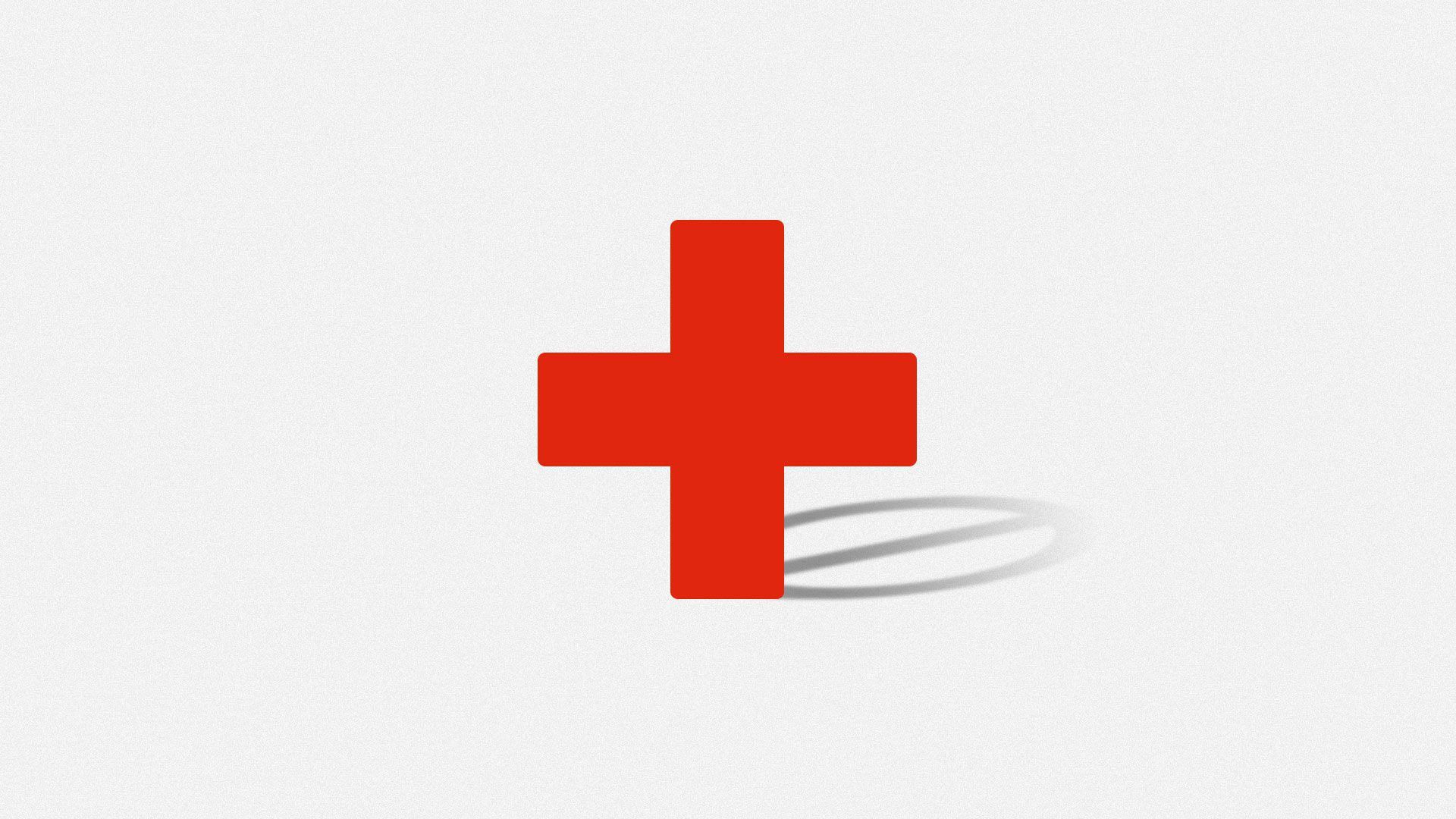 Data: Pitchbook, American Investment Council; Table: Thomas Oide/Axios Private equity firms invested nearly $70 billion in the life sciences and medical device industries last year — a sign that the pandemic's disruptions didn't cool interest in the sectors, Axios' Caitlin Owens writes about a new report by the American Investment Council. Why it matters: The influx of capital could help bring more lifesaving drugs and medical technologies to market. - But private equity's growing presence in health care isn't always viewed positively, particularly when it's associated with price increases or reduced access to care.
 Data: PitchBook, American Investment Council; Table: Thomas Oide/Axios By the numbers: Private equity deals in the life sciences sector were worth nearly $26 billion in 2021, the highest amount in a decade. - Medical devices and supplies deals were worth nearly $44 billion last year, which was also the highest value over the last decade — by far.
- Private equity has invested more than $280 billion into the sectors over the last decade, according to the report.
What they're saying: "What COVID brought was probably a bigger focus on health care gaps and needs in the country, and I think you saw more money going into this sector as a result," Drew Maloney, CEO of the private equity lobby American Investment Council, said in an interview. The big picture: Private equity already has invested heavily in hospitals, nursing homes and staffing companies — which not everyone thinks is a good thing. - Its role was particularly prominent during Washington's surprise billing debate, which focused partially on the behavior of private equity-backed physician staffing firms. Private equity-owned nursing homes have also been criticized as offering lower-quality care.
Yes, but: Investing in drug and device development isn't the same as investing in these other areas, said Craig Garthwaite, a professor at Northwestern University's Kellogg School of Management. - "In a product market, we think of this being the domain of for-profit companies," he said.
| 









No comments:
Post a Comment